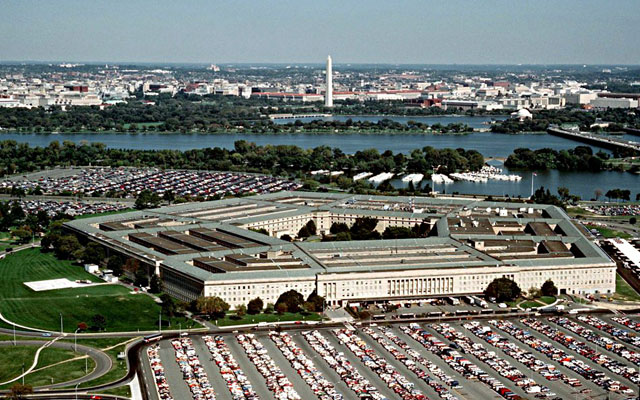Why Finding Waste in the Pentagon Matters
Emil Maine /
Can the Pentagon be downsized?
Defense Secretary Chuck Hagel has selected former Air Force Secretary Michael Donley to oversee a Pentagon downsizing effort to cut 20 percent of the Office of the Secretary of Defense headquarters staff over the next five years.
There are undoubtedly areas of waste in the Department of Defense that should be eliminated. The military should—and can—operate more efficiently, but that is not an answer to the current crisis facing the military.
Finding waste in defense is essential because resources are needed to sustain current capabilities and modernize the military. In 2010, a bipartisan commission warned of a coming “train wreck” if Congress does not act quickly to rebuild and modernize the U.S. military.
But the Obama Administration has not made rebuilding and modernizing the U.S. military a priority. Since 2009, the government has reduced defense spending on three separate occasions by a total of close to $1.5 trillion. Furthermore, President Obama’s 2013 defense budget request put the federal government on the path to making defense the lowest priority among the four major components of the overall budget.
A decade of combat operations and two decades of underinvestment have left the U.S. military too small and inadequately equipped to meet all of the growing demands placed upon America’s men and women in uniform. The military’s equipment is old, unreliable, increasingly obsolete, and insufficient in number.
Supporting America’s armed forces in times of war and peace is a fundamental obligation of government. The U.S. has a responsibility to provide for the common defense and protect the nation. Meeting the military’s full modernization requirements will therefore require escaping the unacceptable squeeze placed on the armed forces.
Entitlements and out-of-control spending on domestic programs are the primary drivers of the current debt and deficit problems, not the armed forces. The sooner the U.S. can address its domestic spending situation, the better for U.S. security and for U.S. military personnel.

